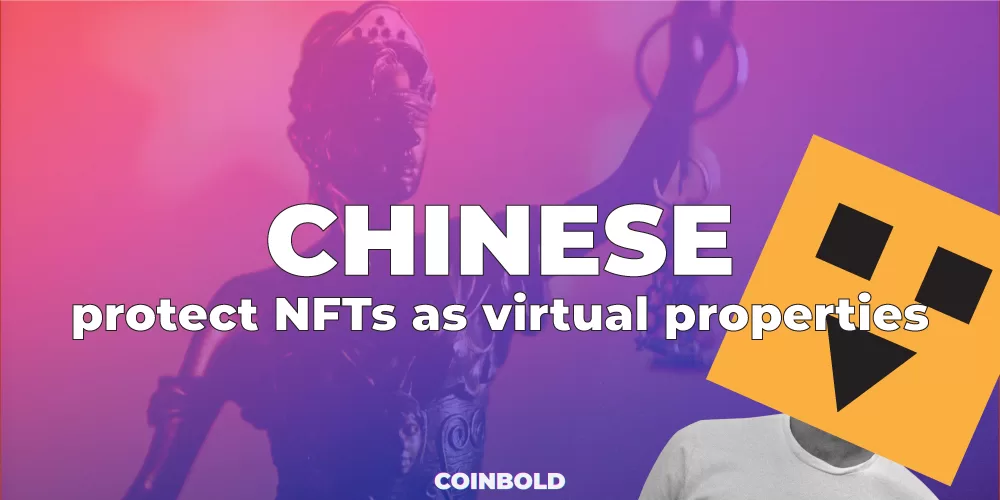NFTs are single-of-a-kind digital assets that fall under the heading of virtual property, as stated by the Hangzhou Internet Court in China. This court believes that NFTs should be legally protected.
The decision on NFT was made by the court in the context of a case in which two unnamed users of a digital art platform located in Hangzhou filed a lawsuit against the platform after it refused to complete a sale and canceled their purchase of an NFT.
After that, the platform terminated the user’s account and reimbursed the money from the flash sale on the grounds that the user had provided KYC information that was allegedly false.
The court determined that the company located in Hangzhou had the authority to terminate the NFT sales contract and rejected the position presented by the plaintiff.
“The sale contract of the NFT does not contradict the Chinese laws, nor does it violate regulatory advice in China to mitigate financial risks,” noted the Chinese court, “therefore Chinese laws should safeguard it.”
The court in Hangzhou said that NFT collectibles, as virtual artwork, condense the creator’s creative expression of art and have the worth of relevant intellectual property rights. This is because NFT collectibles are considered to be artwork.
The court went on to say that “NFT is a one-of-a-kind digital asset that is stored on the blockchain and is based on trust and consensus processes among blockchain nodes.” Therefore, we may classify NFT as a kind of virtual property.
The court noted that the transaction at issue in the legal dispute should be understood as the sale of digital products over the internet, and that the digital art-based platform should be managed as an e-commerce enterprise and controlled in accordance with the E-commerce Law.
Compiled by Coinbold


